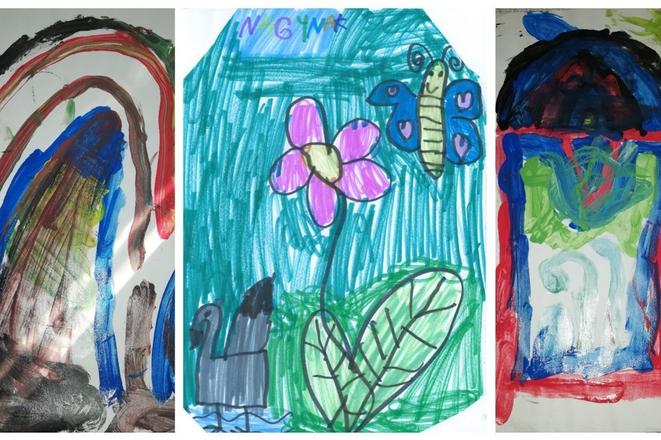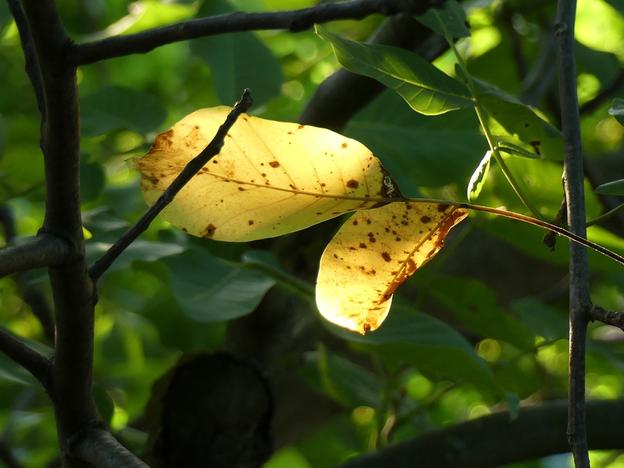Lumps of dirt were falling heavily on the coffin. The dull sound explained why the funeral home had a coffin blanket on offer. My little niece tightly held my hand and suddenly asked: when will we take Nagyika out of the coffin? Before the burial we had told her that Nagyika, her grandmother, will stay with us forever. She wanted to have a clearer understanding of how.
During the car drive home, she observed the sky, thinking how can people who die walk on the clouds, since she heard during the funeral that Nagyika is going up there, to heaven.
The innocent questions sank their claws deep into our aching souls and tired flesh: why did Nagyika die? Are not only bad people dying? How will we deliver my drawings to her? How will I know whether she likes my drawings? How will we talk to her now? Can we still play in her room? Will we now always play at her grave? Is it bad if she does not cry every time we cry? How does a coffin look from the inside? How will Nagyika breathe in it? And if she is not breathing, how can she continue living in us?
When children encounter death for the first time and it is close to the family, they want to understand also this part of the story. Even if we are still only learning how to talk about the single most difficult thing that life can bring: the death of a close person. We are notorious beginners.
We intensively prepare for the arrival of a new life to the family. Bookstores have rich sections about birth, a myriad of discussion forums offer advice better than gold. We talk proudly and bravely about childbirth. Little girls learn to change the diapers of their plastic dolls and feed them from tiny bottles with coloured water.
But no one teaches us from early childhood how to change the diapers of a helpless parent while preserving her dignity.
The departure of a beloved one is the single most difficult experience that life throws at us. Be it an unexpected tragic loss of a partner or the long and painful departure of mothers and fathers. We all know the “wisdom” that people offer under the pressure of our sadness while walking around us as though our pain was a slumbering beast: she no longer suffers, time will heal it all, she is in a better place now.
We more often treat death as a taboo more than sex, diseases, religion or money. We protect ourselves and protect children. But from what?



 (source: Archive of Beata Balogová)
(source: Archive of Beata Balogová)
 (source: Archive of Beata Balogova)
(source: Archive of Beata Balogova)